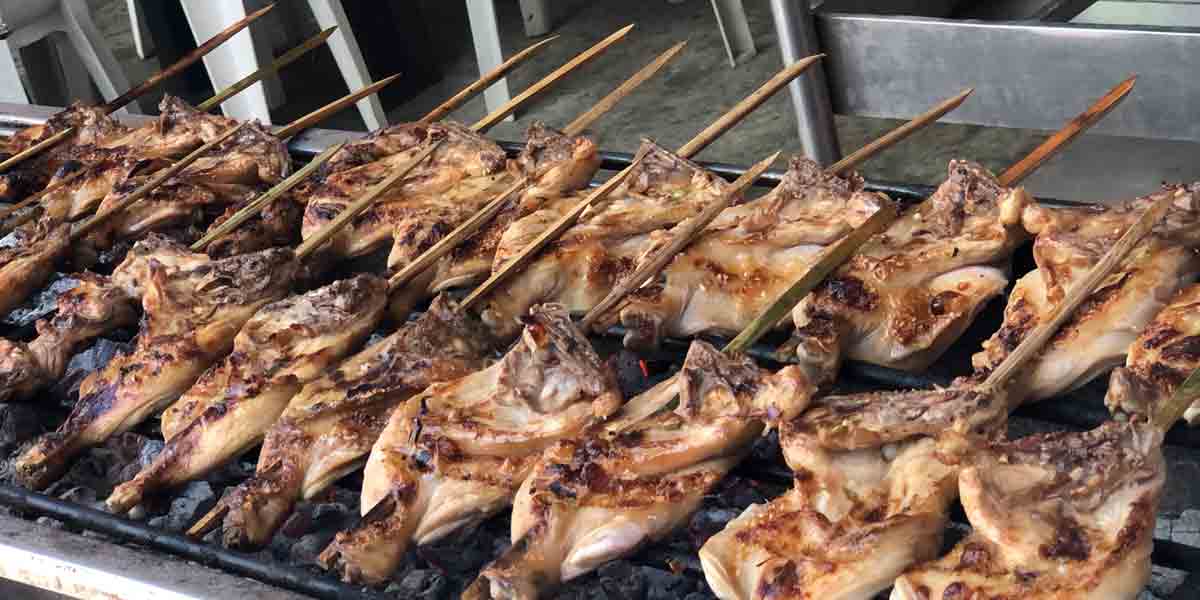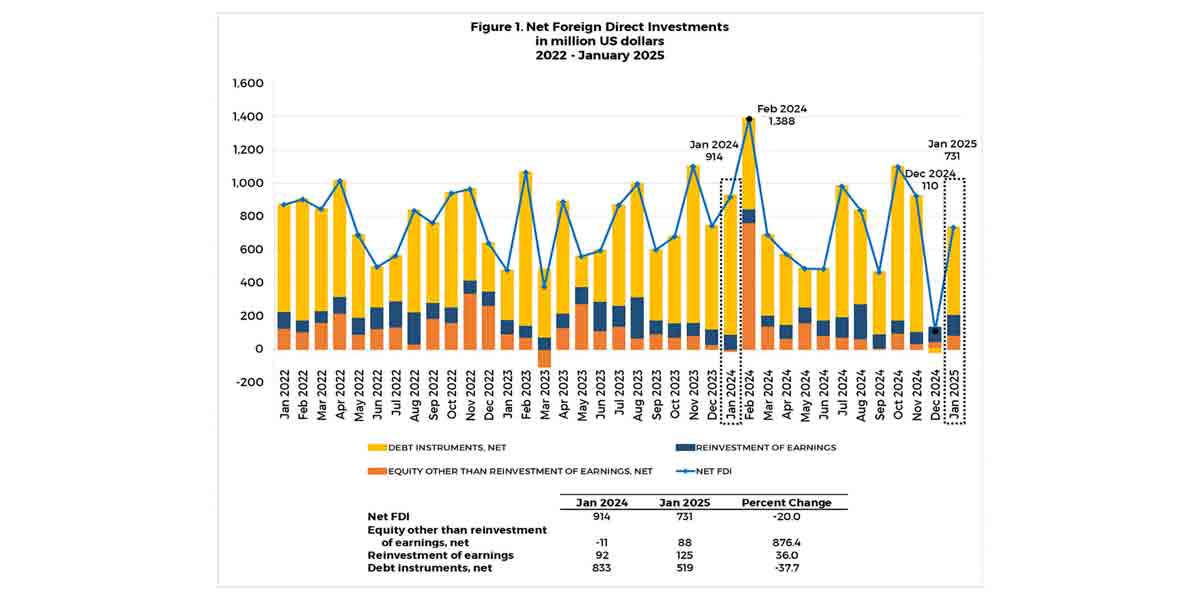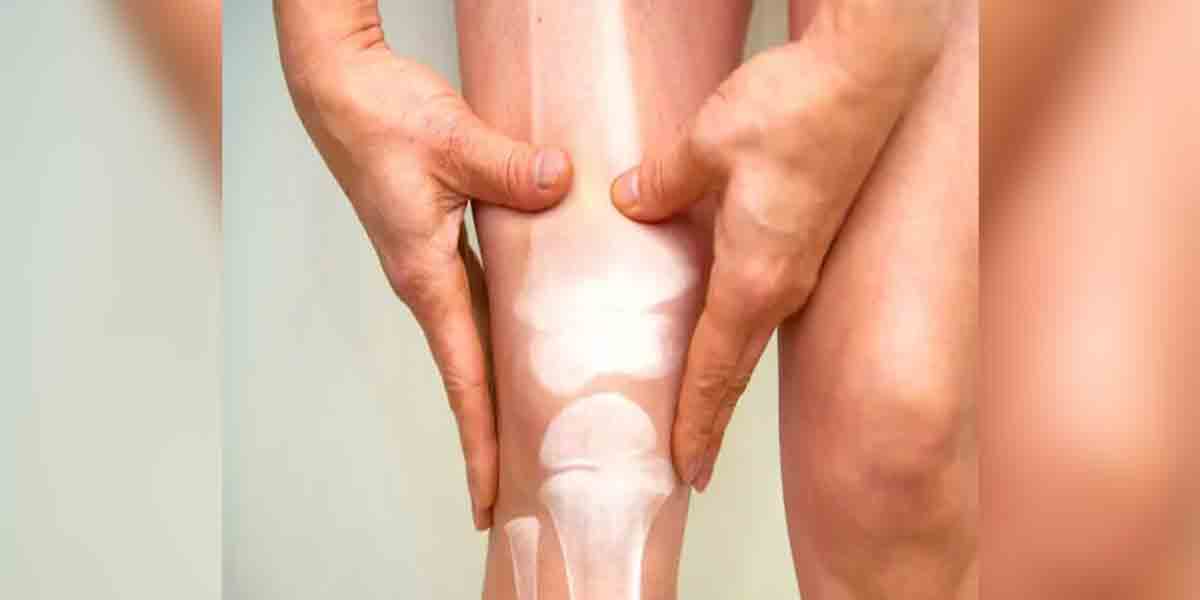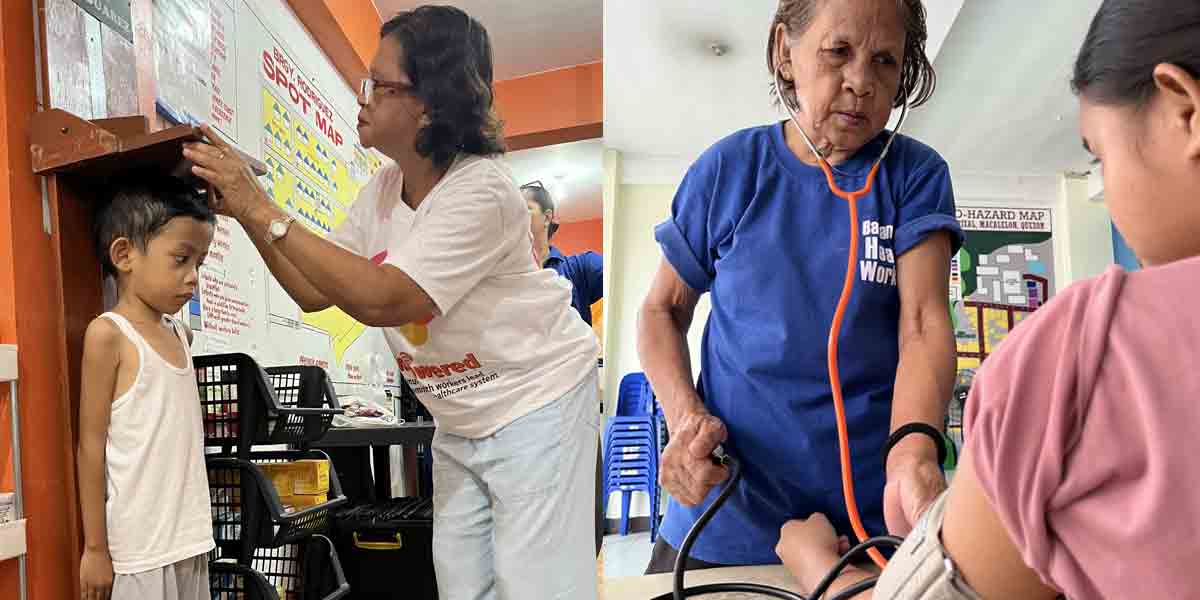 By Modesto P. Sao-noy
By Modesto P. Sao-noy
In a report posted on April 7, 2020, LifeSiteNews said that a European professor has found that “throughout March, internet search queries for the keyword ‘prayer’ and related terms such as ‘God’ skyrocketed as the world went into lockdown due to the coronavirus epidemic.
According to the professor’s ongoing research, Google Trends data show that search queries for the term “prayer” doubled for every 80,000 new cases of the coronavirus in 75 countries, beginning in mid-March.
LifeSiteNews further said that the data come from a draft paper by Jeanet Sinding Bentzen, an associate professor in the Department of Economics at the University of Copenhagen in Denmark. Her draft study is titled “In Crisis, We Pray: Religiosity and the COVID-19 Pandemic” and is framed around the question of “whether the COVID-19 crisis impacts one of the deepest rooted of human behaviors: Religion.”
Her draft study shows that “although humans historically call to God in times of crisis, the coronavirus epidemic reflects this fact on a scale not seen in years. We humans tend to use religion to cope with crisis. The COVID-19 has proven no exception. The rise in prayer intensity supersedes what the world has seen for years. Top of Form
Bottom of Form
Furthermore, as more and more people lose their loved ones, the demand for religion is likely to rise.”
Bentzen looked at Christianity and other religions and her research shows that internet searches for prayer were steady before rising quickly in correlation to new coronavirus cases in many nations.
The results also show a strong jump in prayer searches in Christian countries in Europe and North America as well as Australia. She notes this is most likely because nations with a Muslim majority had not seen the pandemic “spread entirely to these countries at the time of writing.”
Although “global data” on people’s prayer habits “do not exist,” their internet searches for it do and she notes that her results show that the intensified searches for the term “prayer” are global and include the search words “God” and “Allah” as well.
LifeSiteNews further quoted Bentzen saying that “In March 2020, internet searches for the topic ‘prayer’ surged to the highest level during the past 5 years for which comparative Google search data is available, surpassing all other major events that otherwise instigate intensified demand for prayer, such as Christmas, Easter, and Ramadan.”
“I find that the intensified searches on prayer during the COVID-19 pandemic [are] global: It occurs on all continents and for Christians and Muslims. Even Denmark, one of the least religious countries in the world sees systematic increases in internet searches on prayer.”
Bentzen noted that the results might underestimate the real-world demand for prayer, as the older members of the population are “not the most active internet users.” What this implies is that the younger generation has now realized the need for prayers.
LifeSiteNews also cited the findings of Pew Research Center that while churches were closed the coronavirus epidemic has changed the religious habits of Americans, showing that it is bringing more people to prayer.
Even here the clergy had developed new modes to reach their faithful using the internet while their churches were closed. Of course, even before this pandemic, there were already priests using the internet, but they were few. This time many sent out messages that they have this and that for the Holy Week to ensure that as many of the Catholic faithful are aware of the programs. We did listen and participate with these programs, especially the meditations. The talks are also very educational as they brought us back to the basics of the Catholic faith.
On the other hand, the pandemic cancelled almost everything that Filipinos had known and practiced through decades during Lent. The Catholic liturgy makes full use of the senses. We see the elaborate and symbolic rituals, we hear messages calling us to focus on our sinfulness and God’s mercy, we smell the aroma of incense, we partake of the Holy Eucharist and we touched the holy images. We walked to trace the journey of Jesus to Calvary and walked some more in procession to manifest our faith.
Last week we tried our best to commemorate the passion, death and resurrection of Christ but some things were missing, however we were strengthened by the thought that the world is praying with us.




















